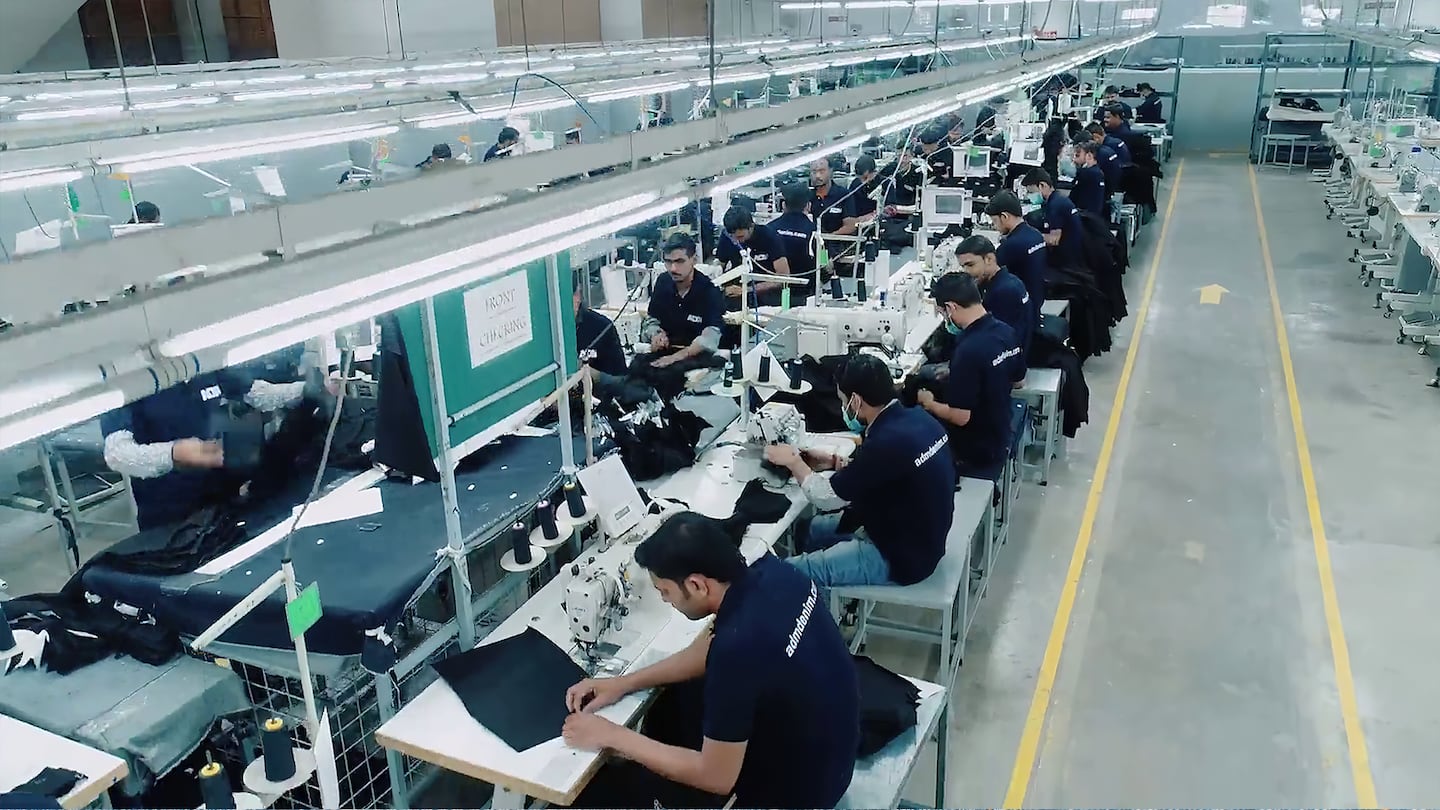
The Business of Fashion
Agenda-setting intelligence, analysis and advice for the global fashion community.

Agenda-setting intelligence, analysis and advice for the global fashion community.

Bestseller, C&A, H&M, Inditex, Otto Group and PVH Corp. are now signatories of the legally binding Pakistan Accord, the companies said in a statement released Monday calling on other businesses to follow suit.
Announced in December last year, the Pakistan Accord is the first step in expansion beyond Bangladesh for the International Accord for Health and Safety in the Textile and Garment Industry, a legally binding agreement signed by 190 brands and factories to ensure better safety standards in supplier factories. Brands were able to sign the Pakistan Accord as of Jan. 16 this year, with German retailer Tchibo also among the signatories.
The International Accord is an evolution of the Bangladesh Accord, a landmark worker safety agreement established in the wake of the deadly Rana Plaza collapse in 2013.
Learn more:
ADVERTISEMENT
Landmark Worker Safety Initiative Launches into Pakistan
The Pakistan Accord marks a new milestone for the International Accord, a legally binding commitment from brands to ensure worker safety in garment factories that had previously not expanded beyond Bangladesh.
The fashion industry continues to advance voluntary and unlikely solutions to its plastic problem. Only higher prices will flip the script, writes Kenneth P. Pucker.
The outerwear company is set to start selling wetsuits made in part by harvesting materials from old ones.
Companies like Hermès, Kering and LVMH say they have spent millions to ensure they are sourcing crocodile and snakeskin leathers responsibly. But critics say incidents like the recent smuggling conviction of designer Nancy Gonzalez show loopholes persist despite tightening controls.
Europe’s Parliament has signed off rules that will make brands more accountable for what happens in their supply chains, ban products made with forced labour and set new environmental standards for the design and disposal of products.